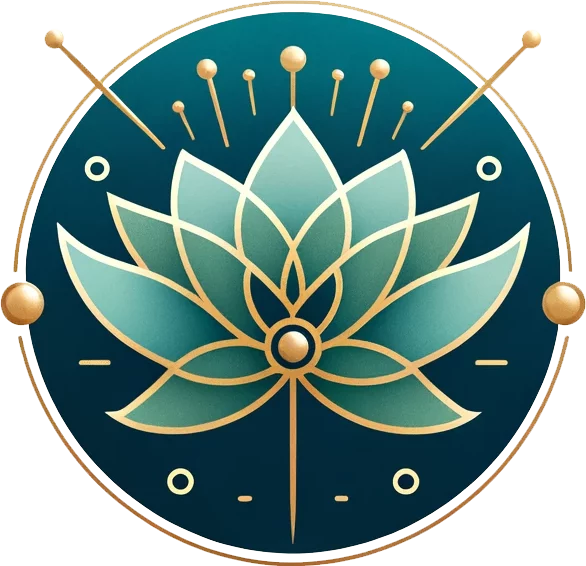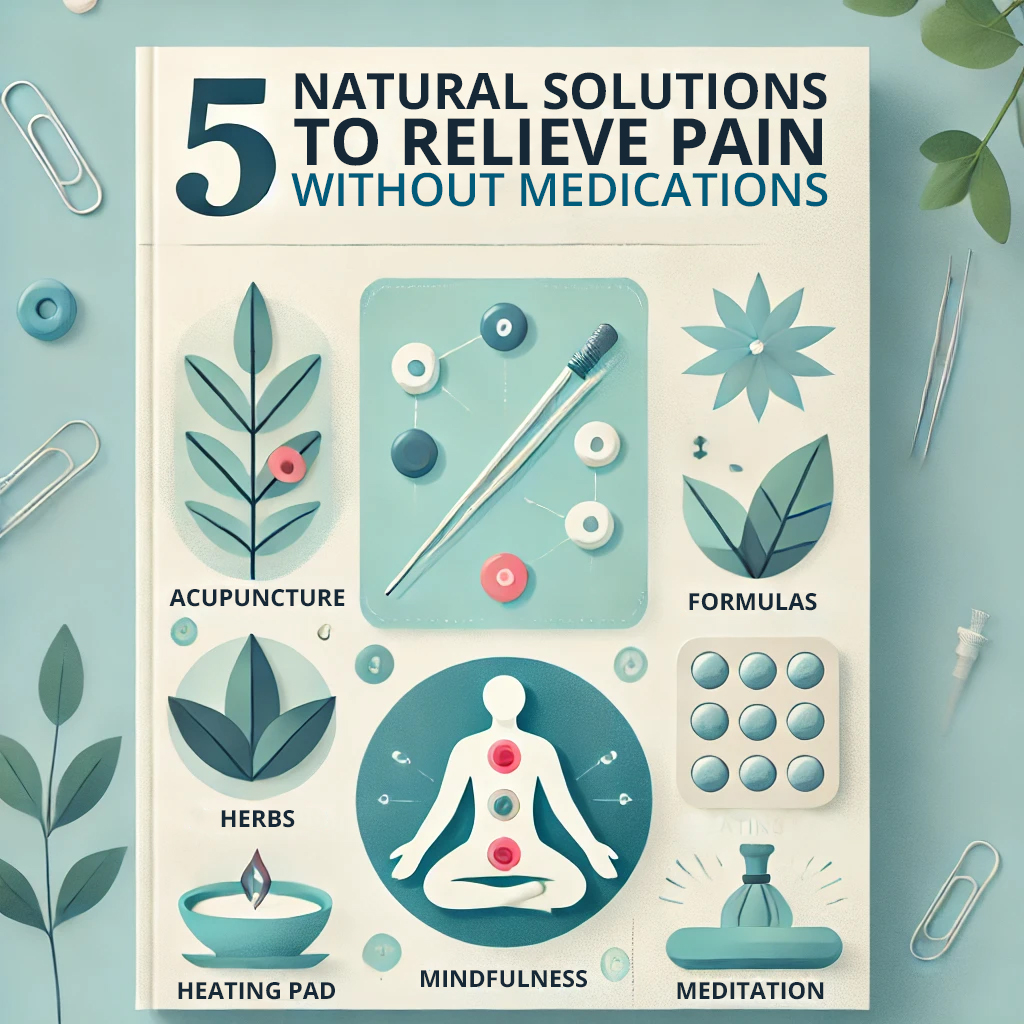You’re seeking a natural approach to calming your heart in St. Petersburg, and fortunately, a wealth of holistic techniques and lifestyle changes can help you regain control over palpitations and cultivate a sense of serenity in your daily life. From deep breathing exercises and nutrient-rich foods to relaxation practices like yoga and meditation, you can start calming your heart naturally. By making lifestyle changes such as regular physical activity, a heart-healthy diet, and stress management, you’ll be on your way to a more balanced heart rhythm. And, as you explore these natural approaches, you may discover a deeper sense of calm and well-being waiting to unfold.
Key Takeaways
- Deep breathing exercises, such as box breathing, can calm the nervous system and alleviate palpitations.
- Incorporating magnesium and potassium-rich foods, like leafy greens and nuts, into your diet can help regulate heart rhythms.
- Practicing relaxation techniques, like yoga and meditation, can reduce stress levels and lower palpitation triggers.
- Adapting to a heart-healthy diet, regular exercise, and stress management techniques can promote overall cardiovascular well-being.
- Acupuncture therapy can enhance heart rate variability, reduce palpitation frequency, and promote cardiovascular health.
Natural Ways to Calm Palpitations
What can you do to calm the storm of palpitations in your chest? One natural approach is to engage in deep breathing exercises, like the box breathing technique, which can help calm your nervous system and reduce the occurrence of heart palpitations. You can also incorporate magnesium and potassium-rich foods, such as leafy greens, nuts, and seeds, into your diet to support heart function and alleviate palpitations linked to nutrient deficiencies. Additionally, considering that stress and anxiety can complicate relationships and daily tasks, insomnia management strategies can also play a role in calming heart palpitations. Practicing relaxation techniques, including yoga and meditation, can greatly lower stress levels, a common trigger for palpitations, and enhance overall cardiovascular health. If you’re experiencing an episode of palpitations, try employing vagal maneuvers, such as the Valsalva maneuver or splashing cold water on your face, to help restore a normal heart rate. By incorporating these natural techniques into your daily routine, you can reduce stress, calm your heart, and promote a healthier heart rate.
Lifestyle Changes for Heart Health
Incorporating natural ways to calm palpitations into your daily routine is just the first step. To truly experience palpitation relief, you need to make lifestyle changes that support heart health. Start by incorporating regular physical activity, such as walking or yoga, to reduce stress levels and improve heart function. A heart-healthy diet rich in fruits, vegetables, whole grains, and lean proteins is also essential for maintaining stable heart rhythms. Reduce your caffeine intake to no more than one cup of coffee per day, and prioritize good sleep hygiene to promote a balanced heart rhythm. Additionally, managing stress and anxiety through techniques like acupuncture natural acupuncture treatments can also help alleviate palpitations. Practicing relaxation techniques, like meditation or deep breathing exercises, can help lower stress and anxiety, common contributors to heart palpitations. Don’t forget to maintain adequate hydration by drinking six to eight 8-ounce glasses of water daily, which supports overall heart health and prevents dehydration-related palpitations. By making these lifestyle changes, you’ll be taking a holistic approach to calming your heart and promoting overall well-being.
Acupuncture Therapy for Heart Rhythm
You’re likely wondering how acupuncture can help you find palpitation relief in St. Petersburg. As you explore natural ways to calm your heart, this ancient practice has been shown to regulate heart rhythm by promoting relaxation and reducing stress – common triggers for palpitations. By incorporating acupuncture into your routine, you can experience a range of benefits, including the relief of chronic pain conditions pioneered by the WHO, which often exacerbate heart issues. Additionally, acupuncture’s ability to boost blood flow and reduce inflammation can further contribute to a healthier cardiovascular system.
- Improved heart rate variability: Studies indicate that acupuncture can enhance the autonomic nervous system’s balance, leading to more stable heartbeat patterns.
- Reduced palpitation frequency and intensity: Research suggests that patients receiving acupuncture for heart-related issues report a significant reduction in palpitations compared to those receiving no treatment.
- Enhanced cardiovascular health: Acupuncture is often considered a complementary therapy, promoting overall cardiovascular health by improving blood circulation and reducing inflammation in the body.
Reducing Stress and Anxiety
Emotional turmoil can wreak havoc on your heart, and when you’re experiencing stress and anxiety, palpitations can become a distressing reality. You’re not alone in this struggle, and the good news is that you can take control of your heart health by managing stress and anxiety. Techniques like deep breathing, meditation, and yoga can effectively reduce stress levels and calm your nervous system, potentially alleviating palpitations. By incorporating these relaxation techniques into your daily routine, even just 10-15 minutes a day, you can promote heart health and reduce the frequency and intensity of palpitations. Studies have shown that acupuncture digestive health benefits and mindfulness practices can also help mitigate the effects of stress and anxiety on the heart. It’s crucial to identify your personal stress triggers and develop strategies to cope with them. By doing so, you’ll be better equipped to manage anxiety and promote a stable heart rhythm. By reducing stress and anxiety, you’ll be taking a significant step towards calming your heart and relieving palpitations. Remember, taking care of your heart health is in your hands.
Managing Palpitations in Daily Life
Now that you’ve taken steps to reduce stress and anxiety, it’s time to focus on managing palpitations in your daily life. By incorporating simple lifestyle changes, you can better control heart palpitations and maintain a healthier heart rhythm. Additionally, adopting principles of Traditional Chinese Medicine, such as stimulating the body’s innate healing abilities Traditional Healing, can also contribute to a more balanced approach to managing palpitations. By alleviating underlying causes of illness instead of merely masking symptoms, you can experience a more profound sense of well-being.
- Eat a heart-healthy diet: Focus on consuming fruits, vegetables, whole grains, and staying hydrated by drinking six to eight 8-ounce glasses of water daily.
- Exercise regularly: Regular physical activity promotes good heart function and alleviates stress, both of which can mitigate palpitations.
- Practice relaxation techniques: Deep breathing, yoga, or meditation can effectively manage stress levels and reduce the occurrence of palpitations.
Frequently Asked Questions
What Is a Natural Calm for Heart Palpitations?
You can find natural calm for heart palpitations by practicing deep breathing exercises, consuming magnesium-rich foods, and sipping herbal teas like chamomile and valerian root, which help regulate your heart rate and promote relaxation.
What Is the Best Natural Remedy for Heart Palpitations?
You’ll find that the best natural remedy for heart palpitations is a combination of stress management techniques, like mindfulness and relaxation exercises, paired with a diet rich in magnesium and potassium, and hydration.
How Do You Calm Heart Palpitations?
You calm heart palpitations by slowing down, taking deep breaths, and embracing relaxation techniques like mindfulness, meditation, or yoga, while nourishing your heart with a balanced diet rich in magnesium and potassium, and prioritizing good sleep hygiene.
What Should I Drink to Stop Heart Palpitations?
You should drink water, herbal teas like chamomile or valerian root, and magnesium-rich beverages to stop heart palpitations. Also, try coconut water for its potassium content, and limit or avoid caffeinated drinks that can trigger palpitations.
Conclusion
As you’ve learned, taking control of your heart health is just a step away. Remember, “an ounce of prevention is worth a pound of cure.” By incorporating these natural remedies and lifestyle changes into your daily routine, you’ll be well on your way to calming the drums in your chest and finding peace in the midst of St. Petersburg’s vibrant energy. Take a deep breath, and let your heartrate fall into harmony with the rhythm of the city – you’ve got this!
Achieve Lasting Wellness
At Elite Care Acupuncture & Alternative Medicine, we focus on helping you reach your health goals with personalized, holistic care. Whether you’re dealing with chronic pain, stress, or exploring natural healthcare options, our dedicated team is here to guide you.
Connect with Us:
Address:
1105 7th Avenue North, Saint Petersburg, FL 33705
Phone: +1 (727) 606-8700
Website: www.EliteCare.clinic




